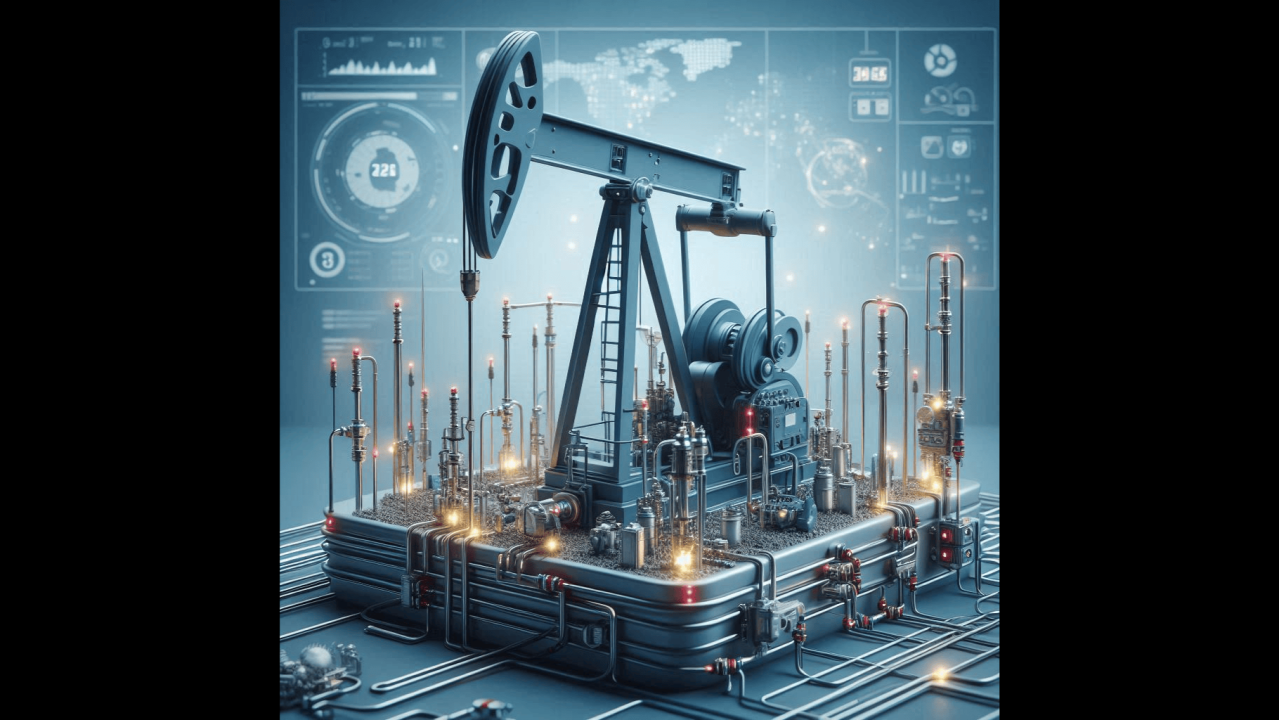
A hi-tech equipment manufacturer approached us with refreshing directness: "Can AI help solve our problem?" Their boldness paid off in ways none of us expected.
An industrial engineering company manufacturing high-tech equipment reached out to us with remarkable clarity. No hesitation, no roundabout discussions - just a straightforward question: "Can AI help us?"
This was refreshing. A leader willing to explore AI not as a buzzword, but as a practical solution to a real problem.
Their critical equipment was generating a tsunami of sensor data - 50GB daily from inflow and outflow points, measuring:
Hidden in this data were early warning signs of part failures. Each failure meant production losses, potential hazards, and supply chain disruptions.
Traditional monitoring was like trying to hear a pin drop at a rock concert. But here's what we discovered:
Our ML team approached this problem uniquely:
The result? A crack prediction system with remarkable accuracy.
Here's what makes this story different:
This wasn't just a technical success. It was proof that AI isn't an expense - it's an investment that pays for itself.
This approach is transforming industries:
The question isn't "Can we afford AI?"
The real question - the one our client boldly asked - is "Can AI help us?"
When the answer is yes, the investment takes care of itself. Their first prevented failure will prove it.
If you're leading a business that relies on critical equipment, ask yourself:
Sometimes, the boldest business move is simply asking the right question.
What would you ask AI to help you predict?